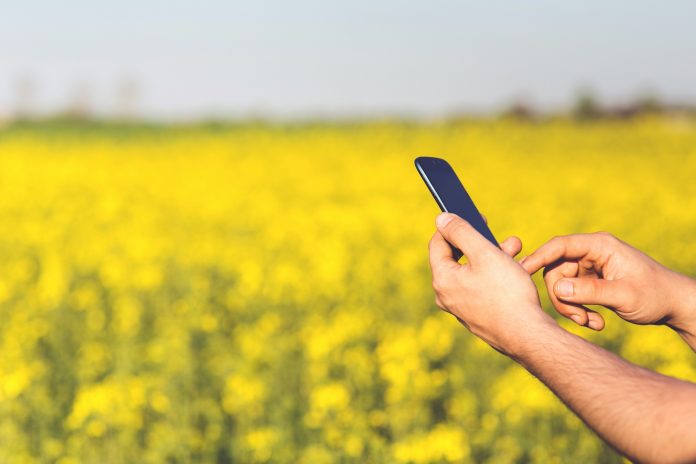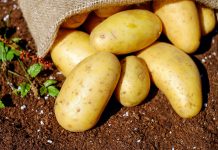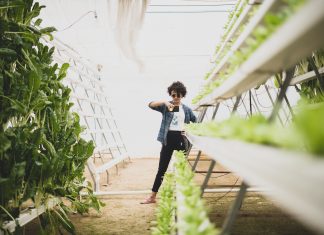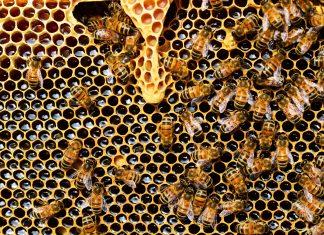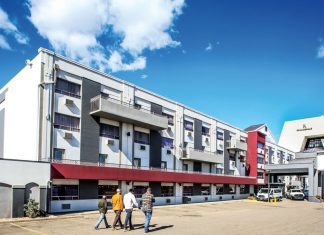The world of farming and agriculture is changing rapidly, driven by technological advancements and the ever-increasing demands for sustainability. Grain bunker plays a crucial role in modern agricultural practices, ensuring that harvested crops are protected and preserved. This innovative storage solution not only minimizes waste and spoilage but also enhances the quality of the grain, making it more suitable for both local consumption and export. As we continue to grapple with climate change, it has become increasingly important for farmers and growers to find new ways to produce food that is both nutritious and sustainable.
One way this can be done is through taking advantage of technology in order to maximize yield, reduce input costs, improve water usage efficiency, enhance pest control measures, conserve land resources, and better manage environmental concerns.
In this blog post, we will explore how modern agricultural technologies are transforming the way sustainable food production systems operate—and what role they play in creating a more efficient future for farming endeavors around the globe.
What is sustainable agriculture and why it is important for the future of food production
Sustainable agriculture has become a popular buzzword in the world of food production, but what exactly does it mean? Essentially, sustainable agriculture refers to a method of farming that focuses on the long-term health of both the environment and the crops being grown.
This includes practices such as crop rotation, reduced use of pesticides and fertilizers, and the implementation of conservation methods. But why is this important for the future of food production? Simply put, sustainable agriculture is necessary to ensure that we are able to continue producing enough food to feed our growing population without compromising the health of our planet.
It’s a way of farming that takes a holistic approach, recognizing the interconnectedness of all living things and working to create a system that is not only environmentally friendly but also economically viable and socially responsible.
How technology is changing the way we farm
Technology is revolutionizing the way we farm, and the results are astounding. From precision agriculture to automated machinery, farmers are leveraging technology to increase their efficiency, output, and profits.
Precision agriculture involves utilizing sensors, GPS mapping, and data analytics to determine the optimal amount of fertilizer, pesticides, and water each crop needs. Automated machinery, such as drones, tractors, harvesting equipment, are taking over the physical labor and allowing farmers to monitor and manage their crops from a distance, click for source!
With the increasing demand for food production, the use of technology in farming has become essential in meeting this demand while also reducing environmental impacts. As technology continues to advance, we can only expect to see further innovation and improvements in the agricultural industry.
What new technologies are being utilized in modern farming
Modern farming has come a long way from traditional practices that were heavily reliant on manual labor and guesswork. With the advent of new technologies, farmers are increasingly turning to precision agriculture methods that make use of data analytics, sensors, and machinery like a Utility Compact Tractor or some 4 in 1 buckets to optimize yields. If you have budget constraints, there are Pre Owned Farming Equipment that are just as efficient.
From GPS-guided tractors that can minimize overlap and prevent crop damage to drones that can monitor soil health and plant growth, these technologies are helping farmers make more informed decisions that increase efficiency and reduce costs. Other emerging technologies in modern farming include gene editing techniques that can make crops more resistant to pests and environmental stressors, as well as artificial intelligence systems that can analyze crop data in real-time to make proactive adjustments.
As a result, modern farmers are taking a more sophisticated approach to their work, and the industry is poised for significant growth and innovation in the years to come.
The advantages and disadvantages of using technology in agriculture
Technology has brought immense changes to the way agriculture is done today. One of the key advantages of using technology in agriculture is increased efficiency in production. With the help of drones, farmers can monitor crop growth, detect early signs of disease, and identify nutrient deficiencies in real time.
Another advantage is improved precision and accuracy in planting, fertilization, and watering of crops. However, there are also some disadvantages to technology in agriculture. For instance, the initial cost of purchasing and maintaining these tools can be high, which is a barrier to small-scale farmers. Moreover, the overreliance on technology in agriculture can lead to reduced human intervention, which can be detrimental to traditional farming practices.
Farmers need to weigh the pros and cons before adopting any new technology to ensure that it fits into their system seamlessly.
The ethical implications of using technology in farming
Technology has revolutionized various sectors, including agriculture. This has led to increased efficiency and productivity with less human error. However, the use of technology in farming has raised ethical concerns. One of the most significant ethical implications is the impact on the environment.
The use of pesticides and fertilizers can have devastating effects on soil, water, and wildlife. Another ethical concern is the impact on farmers’ livelihoods. Adopting technology can lead to job loss and economic instability for small-scale farmers. It’s important to strike a balance between the benefits of technology and its potential negative impact on society.
Farmers must prioritize ethical practices and consider the long-term effects of technology on the environment and the communities they serve.
How we can use technology to make farming more efficient and sustainable
Technology has the potential to revolutionize agriculture and help us achieve a more sustainable future. Through precision farming techniques, like using drones to monitor crops and software to analyze data, farmers can optimize their land use and conserve resources such as water and fertilizer.
Innovations like vertical farming and aquaponics are allowing for year-round crop production in urban areas with limited space. Additionally, the use of AI and machine learning can help farmers predict pests and diseases before they harm crops, enabling them to take preventative measures. By embracing technological advancements, we can create a more efficient and productive farming system that benefits both the environment and society. For pest control Huntington, contact Curry Termite & Pest Control LLC.
Sustainable agriculture is the key to successful and profitable food production in the future. While technology offers a wide range of potentials, there are some potential risks associated with its use in farming. It is important to consider all ethical implications before transformative technologies are employed in everyday agricultural practices. Moreover, we need to be certain that our action does not leave any negative ecological footprints, as ultimately farmlands should generate enough yield sustainably. For now, we must focus on utilizing technology in farming practical and ethically permissible way, while considering both the long-term and short-term consequences of our actions. By efficiently harnessing modern technology and closely following sustainable methods of farming, we can create a healthy agricultural ecosystem that can meet the needs of us humans while providing an optimal environment for productivity and global food security.


